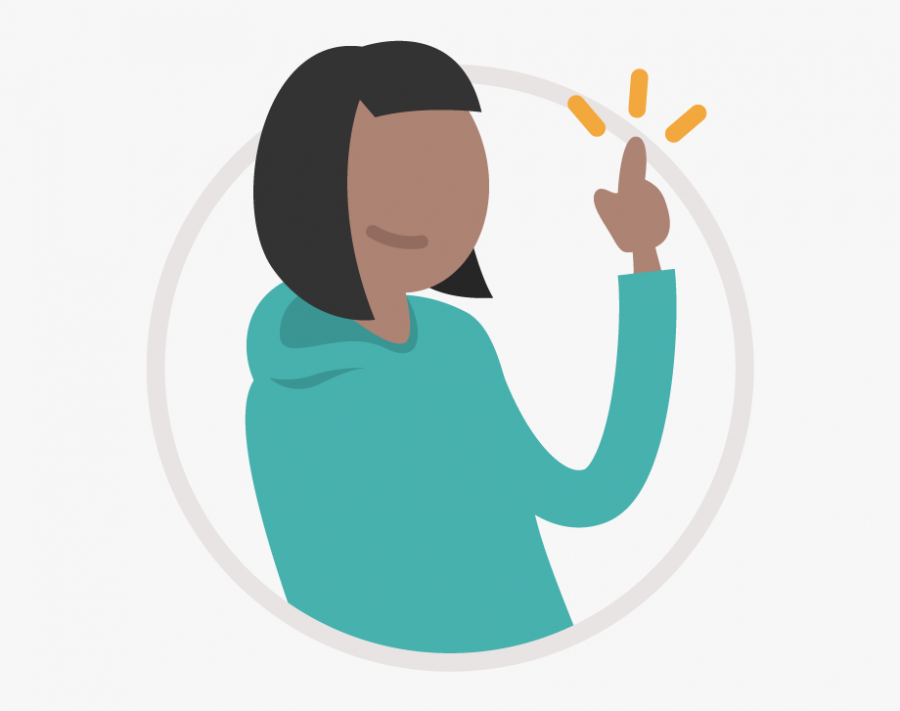Self Advocacy
Self advocacy, it is an “important life skill,” one that will carry you through life and bring you the fruits of success. Self advocacy is the practice of standing up for your views, beliefs, and interests; through it we reach our biggest desires. The question is: how can it be achieved? More specifically, how can it be effectively practiced right here, at school.
Sometimes it can be intimidating to come up to a teacher and ask for help; much less speak up in class before a 30 membered audience. But don’t worry, you’re not alone. Many students find themselves in that very same spot. Having an overwhelming sense of fear when it comes to talking or asking anything of the teacher. Perhaps it is a fear of harsh responses, or a set notion that teachers are adults and therefore shouldn’t be questioned or bothered. In any case, let this be a reminder: teachers are just as human as the next person over. They are kind and understanding, especially to those who truly value their education. Students are allowed to and should ask questions when the need arises. When this interaction begins many will come to see just “how responsive teachers are” and how they prefer “students to ask questions.”
However, if you’re not yet comfortable with speaking up during lectures, there are other things you can do. Starting off small is always a good idea. Begin by emailing teachers. You can communicate electronically until you feel confident enough to stop by before or after school to have one on one discussions. Eventually, after building a better relationship with the teacher, you can voluntarily participating in the classroom.
If this approach isn’t appealing, asking peers or using the internet–and its endless content of knowledge–to find answers also works. Even so, it is still encouraged that a student communicates directly with their teachers, as it is easier and quicker to have a direct conversation and get instant, specific, feedback.
There are instances when you might receive an off hand response from a teacher and can be anxiety-spiking, but know, it doesn’t necessarily mean it’s your fault. Teachers can also have ‘off days,’ it’s what makes us all human. Taking an extrospective look on the situation can reveal that any negative response doesn’t have to do with the student themselves. Being understanding will be beneficial for both parties. At the end of the day, “all teachers have good intentions” and just want to help their students learn.






